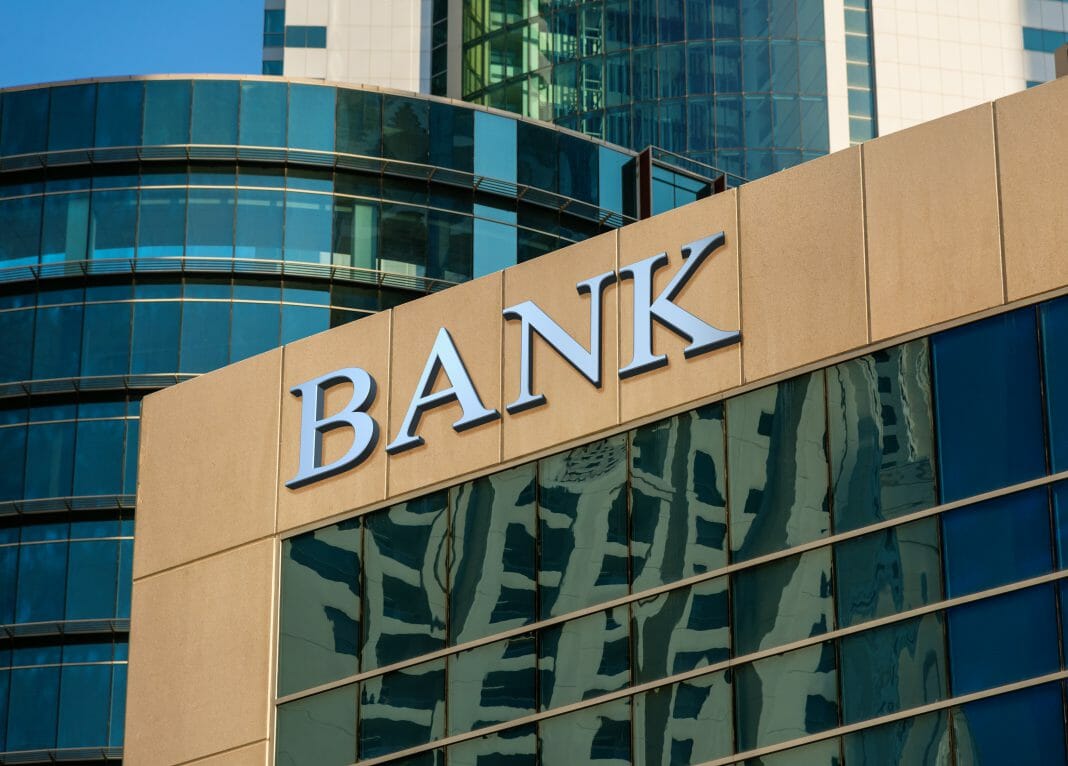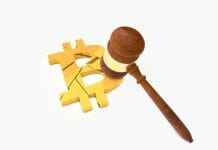The CBSL has already alerted the public regarding crypto transactions. Thousands of protestors took to the streets amid the economic Crashdown. Sri Lanka’s inflation rate is 54.6%, and the President has fled.
The Central Bank of Sri Lanka (CBSL) has revealed a notice on digital assets reiterating its position as the economic system continues its path to perdition. On July 12, Sri Lanka central bank released a public awareness notice in light of recent developments directly linked to virtual currency usage.
It described digital currencies as largely unregulated digital items that represent a value managed by private entities with the possibility of being tradable.
According to its previous position in notices in 2018 and 2021, the CBSL explained that it has not authorized or granted any licenses to any entity carrying out schemes that might include digital currencies. Therefore, crypto exchanges and mining operations remain forbidden in the affected nation.
No Crypto Access for Sri Lanka
The central bank came to remind the public that under the 2017 Foreign Exchange Act, electronic fund transfer cards (EFTCs) such as debit or credit cards got strictly forbidden to get applied to commit payments linked to digital assets transactions.
In simpler words, Sri Lankans got banned from using their bank cards to carry out transactional activities with crypto exchanges or entities tied to digital assets.
The CBSL concluded that cryptocurrencies were financial instruments without proper regulation with no oversight or safeguards for their movement in the affected nation. It rounded the bulletin off with a veiled alert message to the public over possible legal repercussions when using digital assets.
The warning comes amid weeks of political and economic stress in Sri Lanka which has seen tens of thousands of protestors invade the streets this week. Over the weekend, hundreds of protestors went to Sri Lankan President Gotabaya Rajapaksa’s residence in Colombo, extracting food supplies and disrupting the building.
On the other hand, a series of reports came under the public’s eye on July 13, highlighting that President Rajapaksa had abandoned the nation for the Maldives hours before he was due to step down the leadership.
Economic Crashdown in Sri Lanka
Inflation in the nation is currently at an all-time high peak of 54.6%, and household budgets got lengthened until they reached a point of no return. The central bank has raised interest rates to 15.5%, which means people’s savings served as mitigation as their debt repayments have skyrocketed.
Additionally, the state has applied various restrictions on purchasing fuel, plunging 22 million people into the worst humanitarian crisis experienced in at least 70 years. There are also food and medicine shortages in the nation.
There would not be a better time to give citizens access to crypto because they can hold stablecoins through this process as an inflation hedge; on the other hand, the central bank has other ideas to circumvent this situation.
Similar protests about a savage inflationary period have taken effect in Albania, Argentina, Panama, Kenya, Ghana, the Netherlands, Belgium, Italy, and China.
Later today, the U.S. would launch its inflation data for June, which might be worse than May’s at 8.8%.
By: Jenson Nuñez











